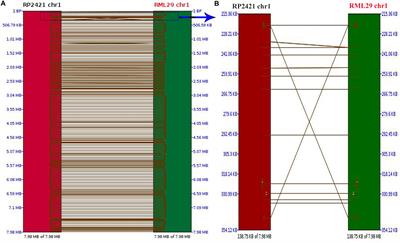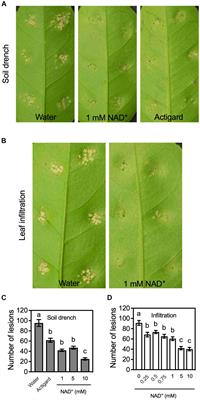CORRECTION
Published on 10 Oct 2019
Corrigendum: The Tryptophan decarboxylase 1 Gene From Aegilops variabilis No.1 Regulate the Resistance Against Cereal Cyst Nematode by Altering the Downstream Secondary Metabolite Contents Rather Than Auxin Synthesis
doi 10.3389/fpls.2019.01271
- 836 views










